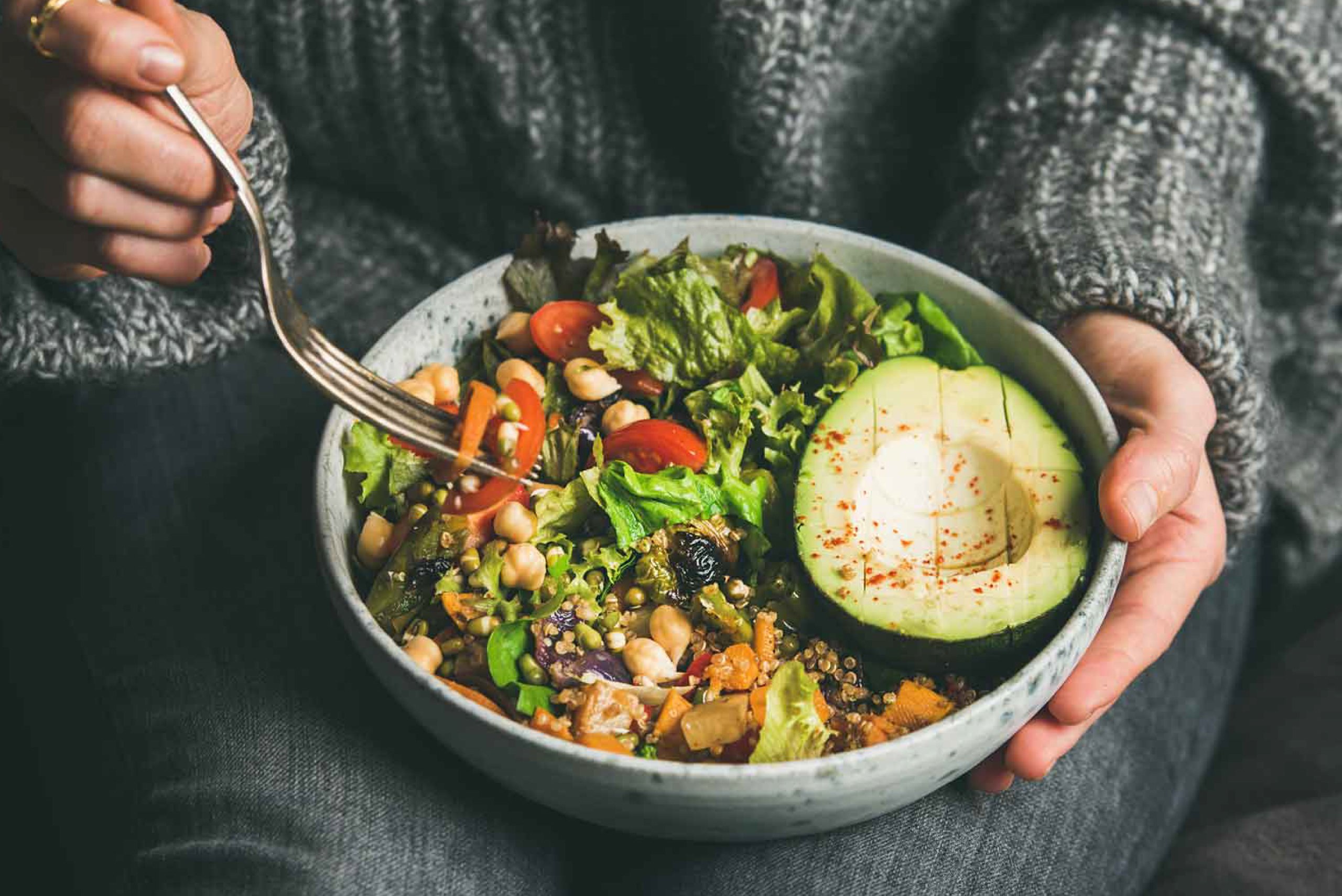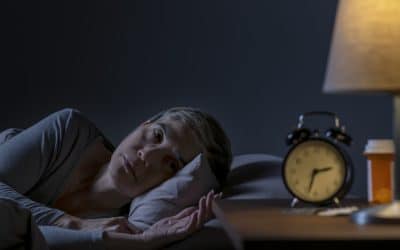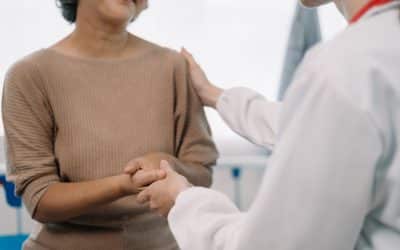Cholesterol is an important molecule when it comes to maintaining the structure of cell membranes. It prevents membranes from becoming too fluid and breaking apart whilst also prevent crystallisation at low temperatures. However, too much cholesterol can lead to a high concentration in the arteries which can cause an atheroma to develop. An atheroma is the build-up of fatty material in the arteries. This increases the risk of several cardiovascular diseases.
Statins are drugs used to control cholesterol levels. Whilst these drugs have been commonly prescribed for over 30 years, research shows that natural supplements and treatments could be used instead. There are multiple reasons for high cholesterol. These include overproducing cholesterol, over absorbing cholesterol or even both.
One concern with high cholesterol is the inflammation response that it triggers. Nutritional supplements and treatments may help to control chronic inflammation.
There are two types of molecules (known as lipoproteins) that are involved in carrying cholesterol around the body. Low-density lipoproteins (LDLs) which increases cholesterol in the arteries whereas high-density lipoproteins (HDLs) carry cholesterol away for excretion or into tissues where it is used as a component of cell membranes. Therefore, reducing LDL is key to reducing cholesterol.
Supplements
Artichoke leaf extract
Artichoke leaf extract can lower LDL cholesterol and may also increase HDL cholesterol. It has been shown to reduce cholesterol production whilst also increasing its excretion. Polyphenols are compounds present in artichoke leaf extract which can reduce inflammation by regulating the cellular activity of inflammatory cells.
The side effects are minimal however, it could cause an allergic reaction.
Berberine
Berberine is a compound from the bark of certain plants which has been found to reduce LDLs as well as triglycerides (the main fat storage molecules in the body). Berberine improves LDL uptake by the liver which is the same role that statins play in reducing cholesterol. Studies have shown that using Berberine alongside statins may amplify the effect.
The FDA hasn’t released data on safety and efficacy.
Bergamot
Flavonoids are compounds that reduce cholesterol by increasing the uptake of LDLs by the liver (hence reducing their concentration in the plasma) and inhibiting its synthesis. Bergamot supplements have a high flavonoid content which is likely to be why they have been shown to reduce LDLs (especially smaller and more dense LDLs) and overall cholesterol.
Garlic
Garlic contains the compound Allicin which is known to be anti-inflammatory as it inhibits a major inflammation pathway. We absorb most of the nutrients from our food in our small intestine, Allicin can inhibit the absorption of cholesterol in the gut.
Supplements have been found to be safe in most adults however they have been found to thin the blood.
Diet or Supplements
Fibre
Soluble fibre can reduce the uptake of cholesterol to the bloodstream. It is important not to increase fibre too quickly as this can cause digestive stress however, dietary fibre can help to reduce total cholesterol and LDLs. Beta-glucan and blond psyllium (types of fibre) have been found to be particularly effective. Sources of these include barley and oats. Psyllium is another type of fibre which can reduce cholesterol.
Flaxseed
Flaxseed may reduce total cholesterol and LDLs. It has been found to be especially effective in patients who already have high cholesterol or are already on statins.
Flaxseed may interact with some blood thinning medications.
Niacin
Niacin (or vitamin B) has been found to increase HDLs and can be found in many nutritional supplements and foods. Sources include chicken and liver.
Plant sterols and stanols
Cholesterol is absorbed, as most nutrients are, by the epithelial cells lining the small intestine. This works as the proteins involved in this absorption can “recognise” cholesterol because of its structure. Therefore, if a molecule has a similar structure it will compete with cholesterol which reduces the amount of cholesterol absorbed. Plant sterols and their stanols (molecules derived from sterols) are examples of these competitor molecules.
You can find these in supplements or in foods such as fruits, nuts, seeds, and yoghurt.
Red yeast rice
Red yeast rice contains a substance called monacolin K which has almost the exact same structure as lovastatin (the first statin to be used). Therefore, like lovastatin, it can inhibit cholesterol synthesis. As well as this, red yeast rice contains phytosterols, the same compounds as those in plants mentioned above.
As monacolin K is similar to lovastatin it may interact with other medication or induce similar side effects.
Soy foods
Many compounds in soy foods such as flavonoids, phytosterols and beta-glucan, which have been mentioned above, help to reduce cholesterol. Soy foods can reduce LDLs; these foods include edamame, soymilk, and tofu.
Our Treatments
PPC
The phosphatidylcholine infusion can improve cholesterol levels as it increases the concentration of HDLs and therefore prevents the build-up of fatty material in the arteries and reduces the cholesterol in the liver. This mitigates the risk of several heart conditions that can develop because of an atheroma.
ALA
The alpha lipoic acid infusion may also reduce cholesterol by reducing LDLs. Additionally, it can reduce markers of inflammation.




